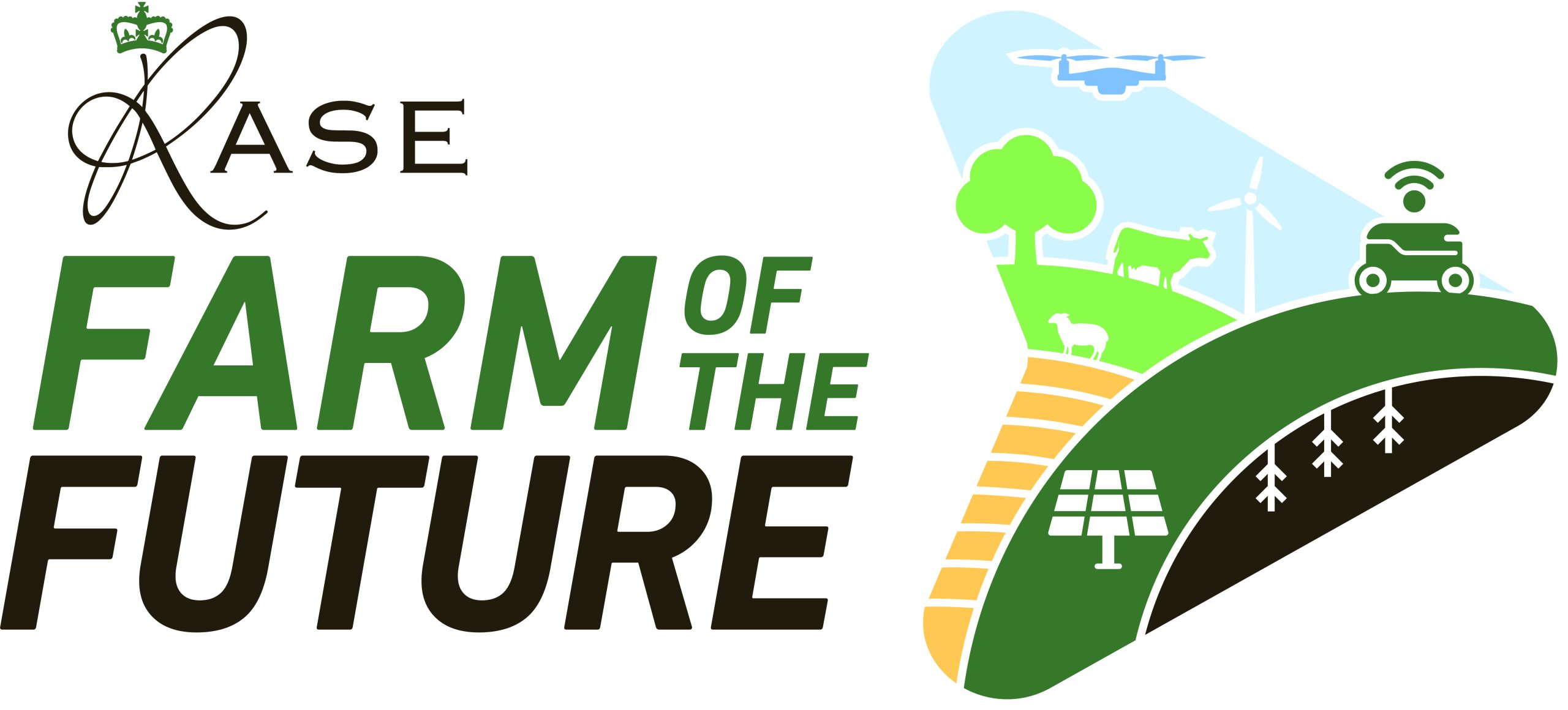Our report contributors
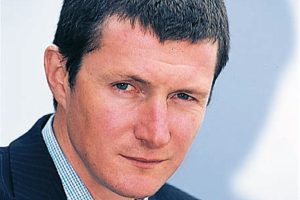
Editor of Horticulture Week, hew writes and edit news and features about gardening and related topics for Horticulture Week and Garden Retail and also contribute to consumer gardening magazines and to newspapers.

John's areas of expertise include strategic planning, marketing, supply chain management and change management. He works with some of the UK's leading farmers as well as major food and dairy processors and retailers. The E-CO2 Project is the UK's leading provider of on-farm energy and carbon auditing and works with leading businesses such as McDonalds, ASDA Walmart and Arla.
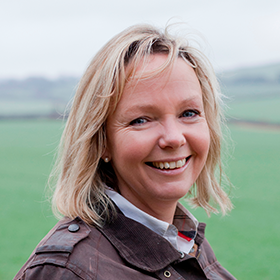
Anna is from a farming background and has been working mainly in the farming, renewable energy and waste industry sectors for over 30 years. She has extensive project management and project delivery experience. Anna is a BASIS Approved trainer for FACTS and Waste to land advanced modules and regularly conducts inhouse training for contracting organisations.

Angela is joint manager of the BBSRC Environmental Biotechnology Network (formerly the AD Network), a project which has around 1300 members. She has spent more than 20 years working in the field of AD, with involvement in a number of projects/publications for industry, the International Energy Agency Task 37, academic journals and the Royal Agricultural Society of England, including as co-editor of their recent Farm of the Future report series. She also co-owned Methanogen UK who manufactured small farm and micro-scale anaerobic digesters. She has run her own urban household digester for more than 12 years, using digestate as part of no-dig gardening. She was part of the University of Southampton’s outreach team, demonstrating a solar-powered mobile digester and science activities.
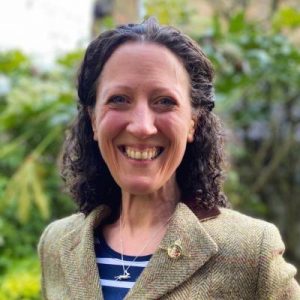
Professor Capper has over 17 years of experience in assessing the environmental impacts and sustainability of livestock production systems through whole-system holistic models based on cattle performance and nutritional principles. She has a PhD in ruminant nutrition and behaviour and specific expertise in beef population dynamics, nutrition, greenhouse gas emissions, resource use, and whole-system environmental sustainability.
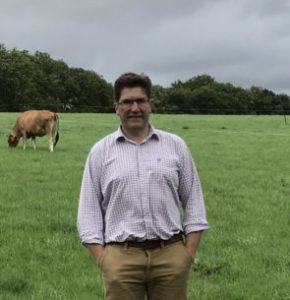
Tom Chapman is a Nuffield Scholar, mob grazier and consultant specialising in regenerative agriculture. He was one of the first people to introduce mob grazing into the UK and grazes his own cattle on several sites across East Anglia. He sees livestock as a key tool for improving soil health and works closely with a number of arable farmers to help them to introduce cattle and other livestock back onto their land.
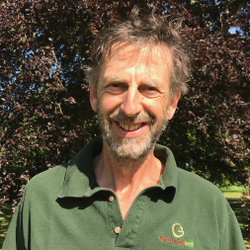
John Cherry farms the Groundswell host farm with his brother Paul. His initial enthusiasm for no-till farming stemmed from an urge to avoid bouncing around on tractor seats, but the further the brothers advanced down the road of continuous no-till, the more obsessed John became about the various soils on the 2500 acres that they farm and how they should be looked after.
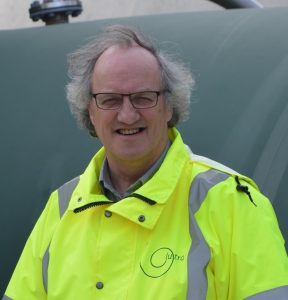
Michael Chesshire is a Cambridge engineering graduate. He has been a visiting professor at the University of Southampton has been an active participant in trade associations, as a Director of the Renewable Energy Association (2009 to 2017), Director of Renewable Energy Assurance (2011 to date), and a Board Member of the European Biogas Association (2017 to date).
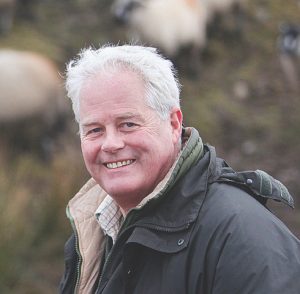
Following a formal agricultural education at Seale Hayne College in Devon he became a farm manager, farm tenant and business advisor.Previously he owned and managed Nethergill Farm for 15 years, with his wife Fiona in the Yorkshire Dales. They built an eco-hill farm business with a sustainable added-value meat activity, an educational and field study facility and eco-tourism holiday lets. Past Chairman of the Yorkshire Dales Farmer Network and Nature Friendly Farming Network (NFFN) (England).
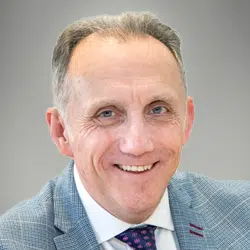
Dr Nigel Davies is Managing Director of Maltdoctor, a sustainability consultancy specialising in food and beverages. Nigel received his PhD from the University of Wales and a Diploma in Brewing with distinction from the Institute of Brewing & Distilling. He is an R&D representative for Maltsters Association of Great Britain, chair of the Red Tractor farm assurance scheme technical advisory committee, and a Fellow of the Institute of Brewing and Distilling.
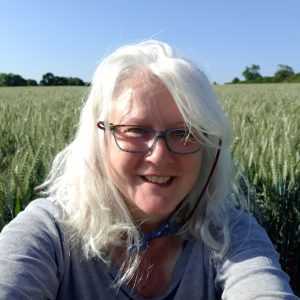
Professor Jennifer Dungait is a member of Council as Editor in Chief of the European Journal of Soil Science (since 2019).
She is an Honorary Professor of Soil Science at the University of Exeter and Honorary Professor of Soil Biogeochemistry at Scotland’s Rural College (SRUC), Edinburgh.

Has held a range of renewable energy and climate change posts in central Government and the energy sector. He has a Master’s degree in Climate Change and is currently head of policy at the Association for Renewable Energy and Clean Technology (REA). He has a particular focus on energy storage, large scale power and grid networks.
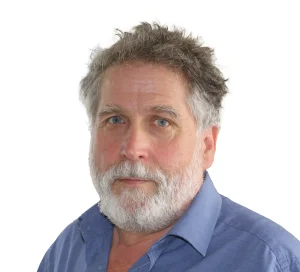
Richard Gueterbock has spent over 30 years in the agri-food sector, in marketing, policy and business development roles. This includes championing on-site bioenergy. Richard is involved in developing modular biogas technologies and rural use of gas fuels for diesel replacement. In addition to co-editing the initial “Farm of the Future – Journey to Net Zero” report for RASE, he has been involved in the dissemination of the report and follow up projects including deployment of future fuels in the farm sector.
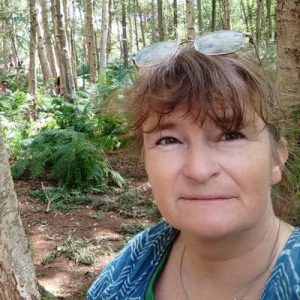
Expert campaign strategist - consultant & part time Strategic Lead on Agriculture at The Royal Society of Wildlife Trusts. Author of book "Rebugging the Planet" FRES

Prof Jonathan Leake focuses on sustainable soil management and soil resources, regenerative agriculture. He teaches sustainable agriculture at the University of Sheffield.
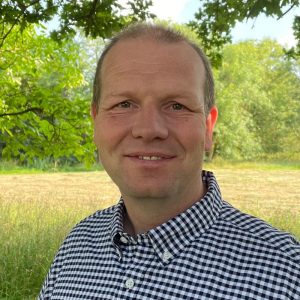
Martin is a farmer and contractor in South Cambridgeshire, growing mainly arable crops on his family farm and rented land. Martin is the NFFN Chief Executive Officer and hopes to see the network grow with like-minded farmers and land managers.
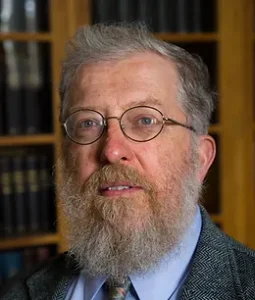
Prof. Lowenberg-DeBoer focuses on the economics of agricultural technology. He has published 85 articles in refereed journals, two books and chapters in seven other books. He currently serves as president of the International Society of Precision Agriculture (ISPA) and co-editor of the journal Precision Agriculture.
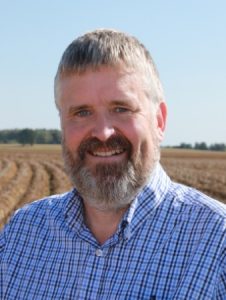
Managing Editor of World Potato Markets, an essential weekly global briefing on potato prices, production and trade. He has more than 25 years of analysing agricultural markets across the world. Cedric is the Vice Chairman of LEAF – Linking Environment And Farming – a charity which increases environmental standards on farms.

Matthew is an analyst at Standard & Poor (S&P) where he focuses on supporting organisations with actionable insights across the agricultural value chain.
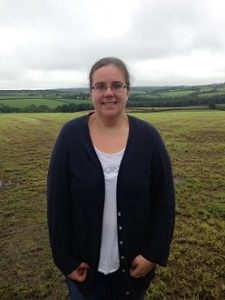
A passionate advocate for highlighting the economic benefits of sustainable farming, Becky currently divides her time between working for FCT and working for Duchy College Rural Business School as a technical specialist in resource management
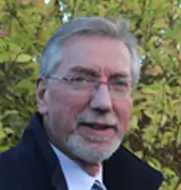
Mike is Managing Director of Greenwatt. He has a family farming background and is qualified in agriculture and environmental sciences. His career has included senior positions at Shuttleworth and Lincolnshire Agricultural Colleges, and several years as an international consultant.
Since 2006, Mike’s specialist interests have been in renewable energy and low emission transport. He formed Greenwatt to focus upon design and feasibility projects for farms and rural businesses considering solar PV, battery storage, electric vehicles and decentralised energy solutions. He is co-editor of the ‘Re-fuelling the Countryside’ study and of the ‘Farm of the Future: Journey to Net Zero’ report.
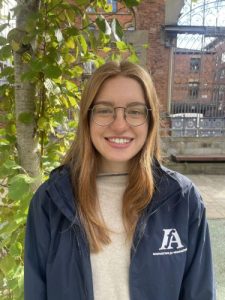
Megan has recently completed a masters in Sustainable Crop Production following a year of volunteering on farms in the UK and Spain. For her undergraduate degree she studied International Development and the Environment which introduced her to many of the challenges we face in the 21st century, and overtime she felt that these linked more and more to our food system and how we look after our land, people and biodiversity. She is also completing a permaculture design course to learn about more creative and holistic approaches to problem solving.
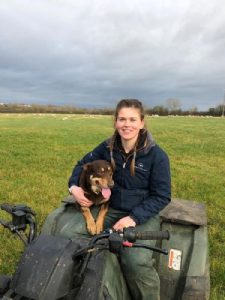
Catherine earned her degree at Northampton University and has built a diverse career within the farming industry. She has worked in multiple areas, including retail at an agricultural merchant and eight years working with a farm animal veterinary practice. During her time there, she contributed both in the office and out on farm, gaining hands-on experience with TB testing.
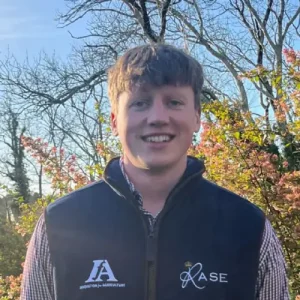
Iory graduated from Harper Adams University with a degree in Agriculture with Animal Science with a dissertation exploring the potential of feeds to reduce methane emissions from dairy cattle. He has worked with a variety of farms covering beef, sheep and dairy production as well as cereal and potato enterprises. After university Iory spent a year in New Zealand working on a high-country station and a sheep dairy unit.
